Realist painter Lucian Freud dies at 88
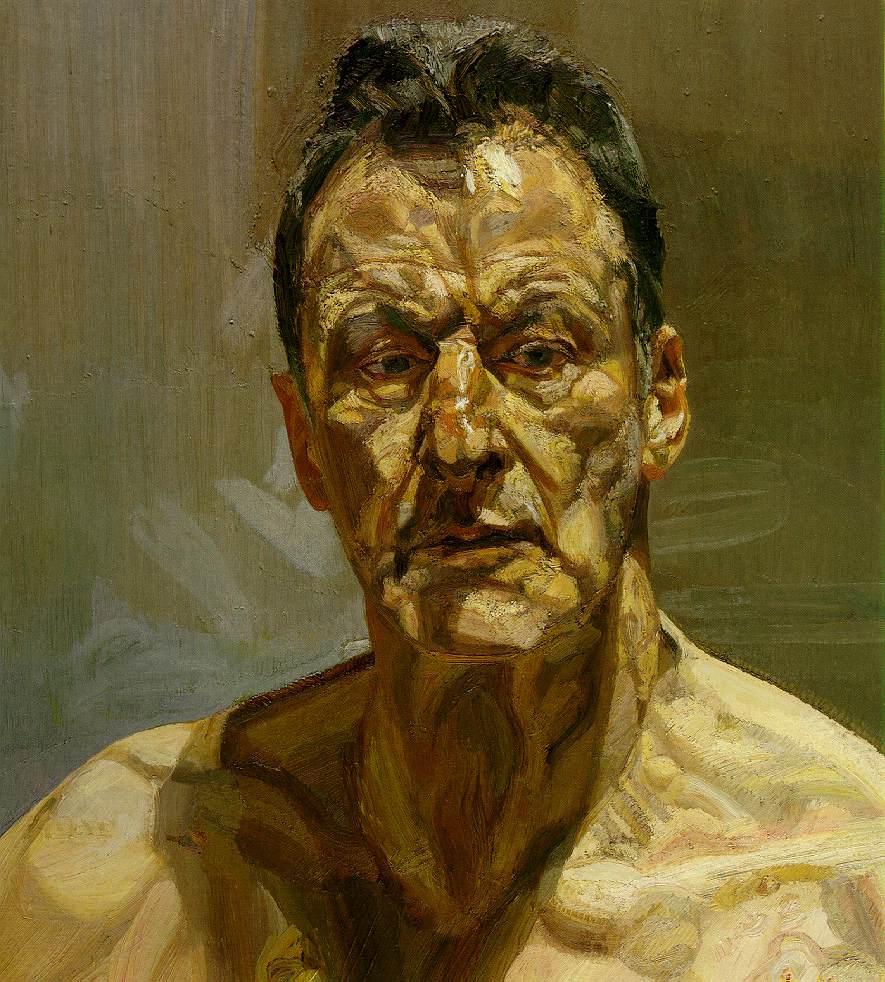 |
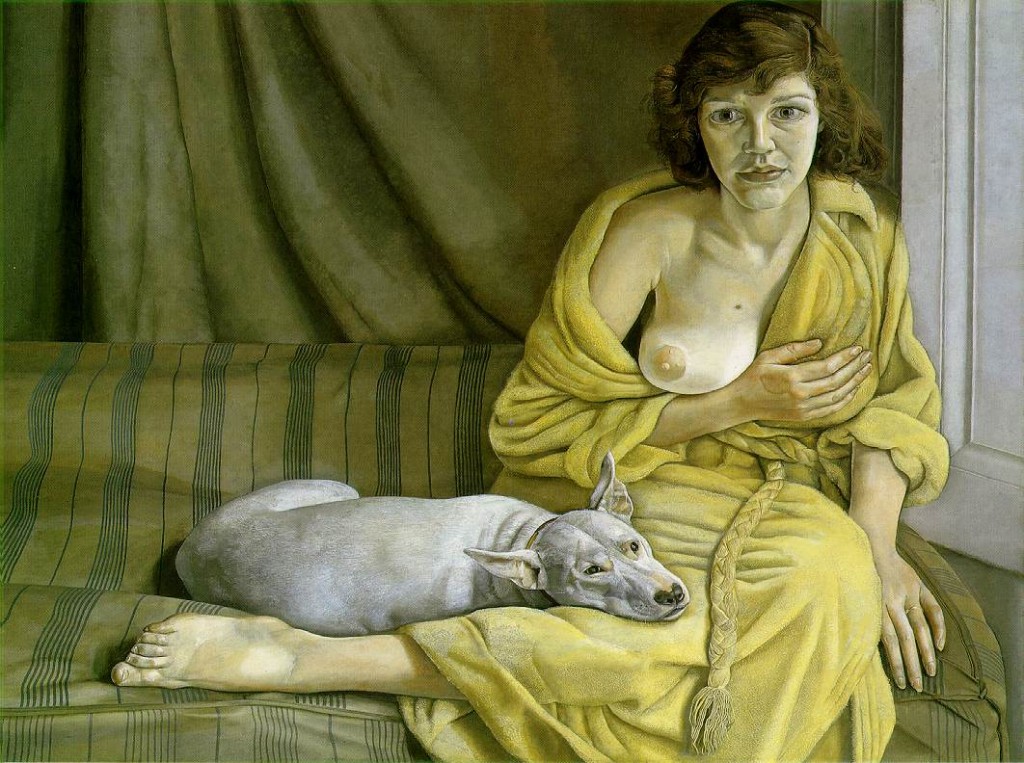 |
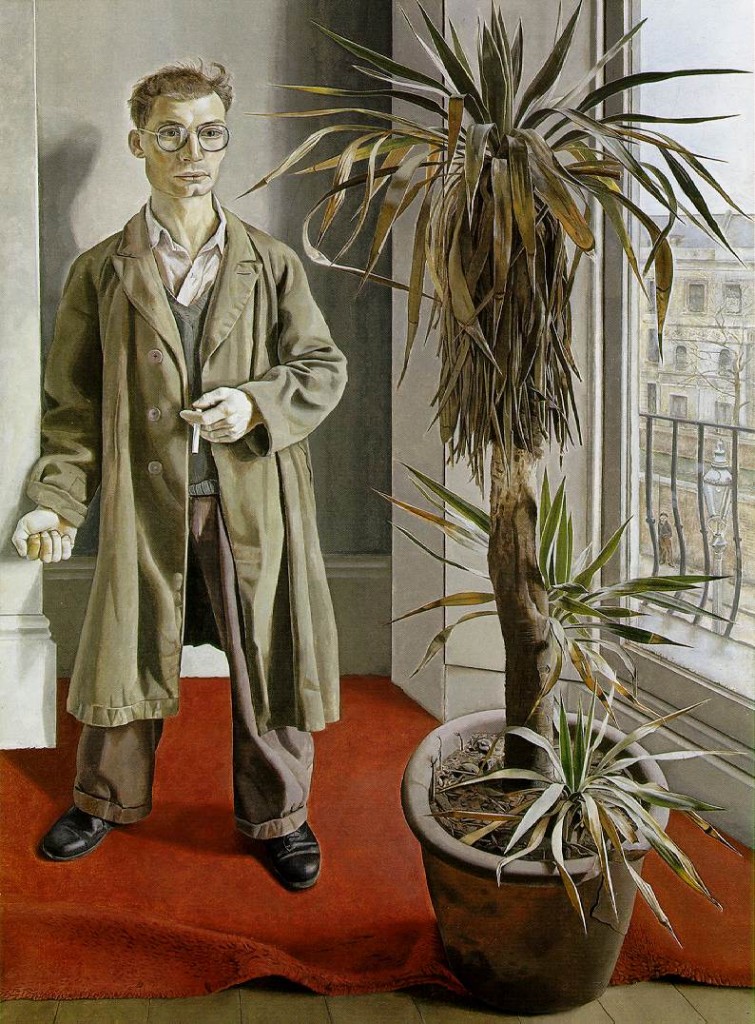 |
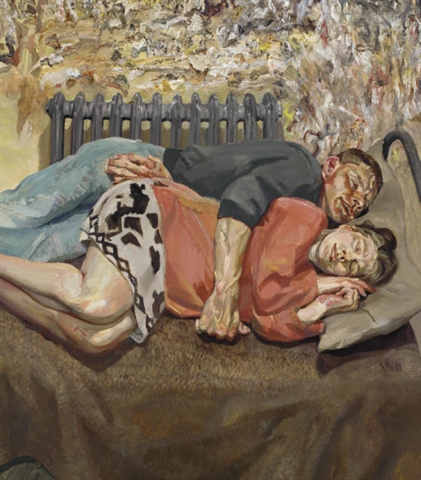 |
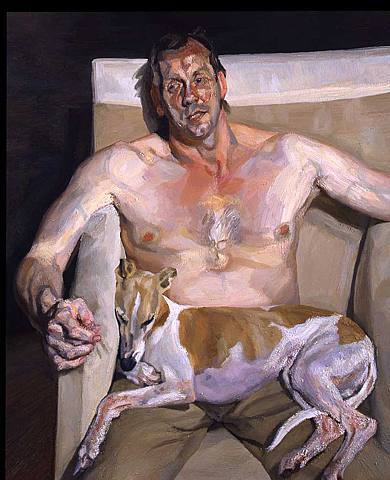 |
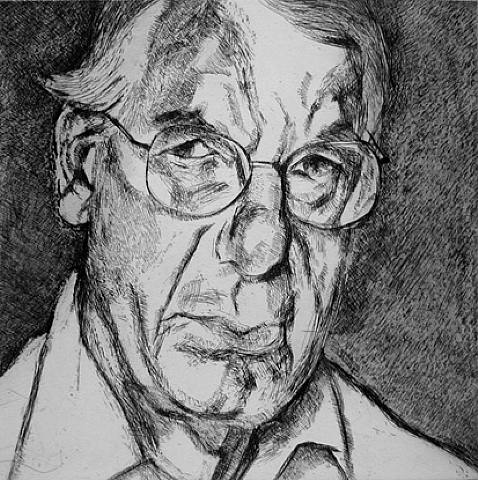 |
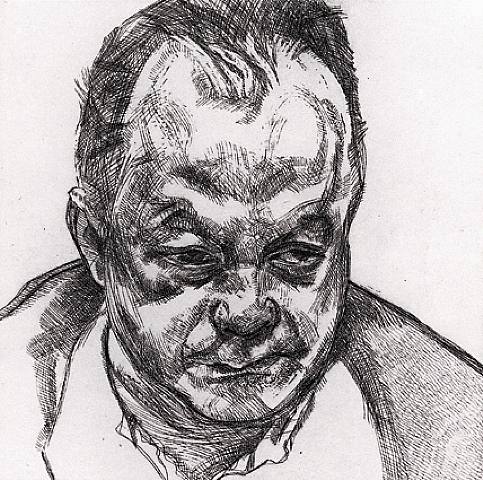 |
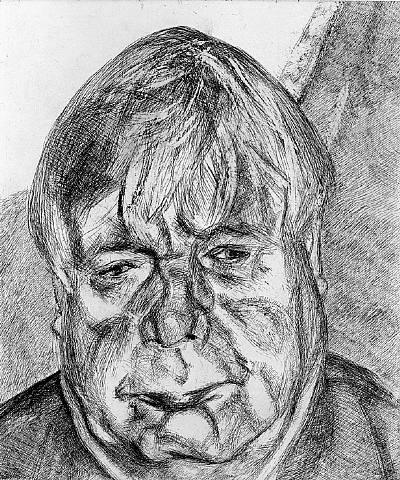 |
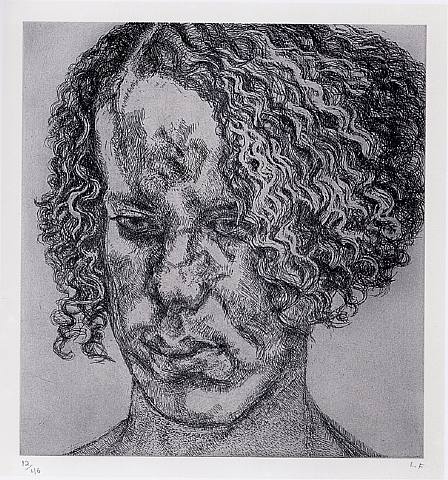 |
Lucian Freud, a British artist who gained fame for his intense and deeply textural nude paintings, has died. He was 88.
Freud, the grandson of the pioneering psychoanalyst Sigmund Freud, died Wednesday at his home in London following an illness, according to a representative for his New York dealer, William Acquavella.
The artist's best-known works feature subjects in anguished, anti-erotic poses, their psychology externalized onto their fleshy bodies. He liked to use impasto, a technique involving the thick application of paint, to create his highly textured portraits.
"I want paint to work as flesh," he once said. "As far as I am concerned, the paint is the person."
During his long career, Freud made portraits of a number of public figures. He once painted supermodel Kate Moss naked and visibly pregnant. He reportedly engaged in animated negotiations with Buckingham Palace to create his 2001 portrait of Queen Elizabeth II, who sat fully clothed. The royal painting divided the public, with some criticizing it as glum and depressing.
Freud's paintings are highly prized among museums and collectors who have been willing to pay large sums for them. In 2008, his nude portrait of a heavy-set civil servant reclining on a sofa, "Benefits Supervisor Sleeping," sold for $33.6 million at a Christie's auction, a record figure at the time.
"Unlike many artists, his late works were among his most significant contributions," Paul Schimmel, chief curator at the Museum of Contemporary Art in Los Angeles, said Thursday. "He got better, more ambitious and youthful. He was a very young elder statesman."
Born in Berlin in 1922, Freud was one of three sons of Austrian architect Ernst Freud and his German wife, Lucie. The family fled Nazi Germany in 1933 and eventually settled in London. Freud became a British citizen in 1939. As a boy, he studied at the Central School of Arts and Crafts in London and the East Anglian School of Drawing and Painting. During World War II, the budding artist served with the British merchant navy.
Freud showed an early interest in a kind of portraiture that could strip away artifice and reveal the essence of his subjects. His first paintings were characterized by a spare, flat and emotionally uninflected style.
He gained attention for a series of paintings of his first wife, Kitty Garman, including a portrait titled "Girl with a White Dog," in which she exposes a breast while a canine dozes on her lap.
Though he is often described as a realist, Freud's work contains elements of other schools, including surrealism. One of his biggest influences was the painter Francis Bacon, another titan of the postwar art world, who became Freud's friend and helped to push his work in a more expressionist direction.
By the late '50s, Freud had embarked on what would become his signature style of textured nude paintings.
He often turned his gaze on himself. In several unflattering self-portraits, Freud painted himself in various states of undress, his aging body exposed. He frequently painted friends and close associates, and even created a nude portrait of his daughter Bella, a noted fashion designer.
"He was an extremely brave painter in the way he confronted his figures. He brought a whole new meaning to figurative painting and was extremely influential on the generations that followed," said Gretchen Berggruen, a co-owner of the John Berggruen Gallery in San Francisco.
A major exhibition at the Hirshhorn Museum in Washington in 1987 helped boost Freud's reputation in the United States. In 1993 the Metropolitan Museum of Art in New York held a retrospective of his work.
The Museum of Contemporary Art in downtown L.A. held a retrospective in 2003 that was organized by the Tate Britain. The exhibition featured more than 100 paintings, drawings and prints, as well as new pieces.
"Freud is in reality a fine painter with a very narrow repertoire," Los Angeles Times art critic Christopher Knight wrote in his review of the show. Comparing him to artist Stanley Spencer, an earlier practitioner of nude portraiture, Knight wrote that "Freud's art is rarely so complex, but sometimes it does have the capacity to beguile."
Freud's personal life was a subject of much scrutiny and speculation. After his divorce from Garman, Freud was married for several years to Caroline Blackwood before they divorced. He fathered children from a number of relationships. A complete list of survivors was not immediately available.
By some accounts a prickly personality, Freud reportedly did not get along with his brother Clement, the British TV personality who died in 2009.
"In company he was exciting, humble, warm and witty," his art dealer, Acquavella, said in a statement. "He lived to paint and painted until the day he died, far removed from the noise of the art world."
